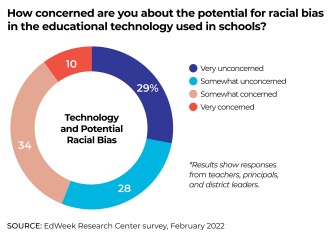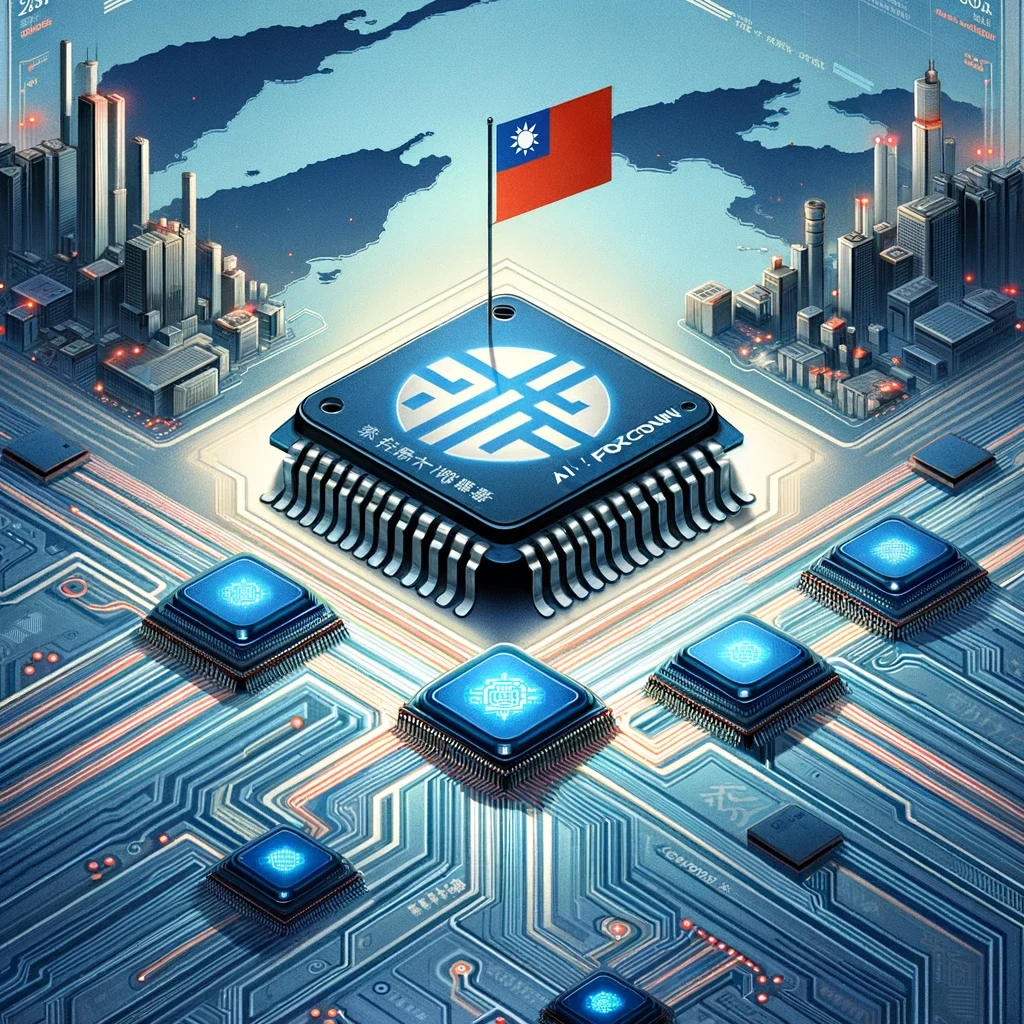In an age dominated by artificial intelligence (AI) and technological marvels, our society grapples with the blurred lines between reality and illusion. Platforms like X, formerly known as Twitter, are under the spotlight in an era marked by uncertainty about the authenticity of information and the challenges of misinformation. However, X is not alone in facing these dilemmas; Meta’s Facebook and Microsoft’s LinkedIn are also navigating treacherous waters.
The internet is becoming increasingly fragmented as authoritarian regimes tighten their grip on the World Wide Web, leading to blocked websites, throttled bandwidth, censorship, and heightened surveillance. These pressing issues form the backdrop of the 2023 edition of the annual Freedom on the Net report, set to be released on October 4th.
Zeynep Tufekci’s “Twitter and Tear Gas: The power and fragility of networked protest
In her 2017 book, Zeynep Tufekci takes us on a journey through the power and fragility of networked protest. Tufekci, an academic and journalist of Turkish-American descent, uses real-world examples from protest movements in Turkey, Egypt, and the United States to dissect the impact of social media on these movements.
Social media’s promise lies in its ability to rapidly amplify these movements, bringing together large groups of supporters with minimal effort. However, Tufekci also uncovers the limitations; this rapid scaling often hampers leadership development and the creation of supportive infrastructure necessary for the movements’ long-term viability. Despite these challenges, digital-forward protest movements have made a significant global impact. Tufekci also delves into how authoritarians are gradually gaining control over digital platforms, mirroring their previous efforts with traditional media.
Virginia Eubanks’ “Automating Inequality: How high-tech tools profile, police, and punish the poor
In “Automating Inequality,” published in 2018, Virginia Eubanks explores the role of predictive analytics, process automation, and emerging technologies in managing poverty. While these technologies promise streamlined processes and increased accessibility, Eubanks uncovers how they often serve as barriers to life-saving assistance for poor and working-class individuals in the United States. From denying medical treatment to the marginalized in Indiana to obstructing unhoused individuals from accessing shelter in California, these tools, once facilitators, have become gatekeepers. Eubanks emphasizes that these vulnerable populations are just the beginning; the widespread use of automated decision-making impacts democracy as a whole.
David Kaye’s “Speech Police: The global struggle to govern the internet
In “Speech Police,” published in 2019, David Kaye delves into the evolution of internet governance. He notes that the early internet was a challenging force to control, likening it to nailing Jell-O to the wall, as Bill Clinton once quipped about China’s efforts. However, the landscape has dramatically changed, largely due to the rise of social media platforms. These platforms, while democratizing information, have also accelerated the spread of harmful content and misinformation.
Kaye, formerly the United Nations’ special rapporteur on freedom of expression, examines the shifting responsibility of regulating content from governments to the platforms themselves. He highlights how decisions are heavily influenced by opaque algorithms and profit motives. “Speech Police” is a comprehensive primer on internet governance, exploring key questions about online content policing and offering solutions to ensure free speech while upholding democratic norms and resisting authoritarian pressures.
Kurt Vonnegut Jr.’s “Player Piano”
In the realm of science fiction, Kurt Vonnegut’s 1952 debut novel, “Player Piano,” takes us on a journey to a post-World War III America dominated by automation. Machines perform most of the work, leaving meaningful and lucrative jobs to a select group of engineers and managers. The rest of society lives in a state of ennui, placated by meager resources and salaries.
Dr. Paul Proteus, the reluctant protagonist, questions his role in this world and faces a dilemma: accept a more lucrative job or spark a revolution against the machines. Vonnegut’s portrayal of an automated future, written in his signature sparse style, presents a subtle dystopia where machines dominate, and people are segregated by income and purpose. As AI advances in our present-day world, with technologies like ChatGPT and DALL-E merging liberal arts with productivity, Vonnegut’s vision appears eerily prescient, raising questions about the direction in which our society is headed.
In a rapidly evolving technological landscape, these four books provide invaluable insights into the intricate interplay between technology, democracy, and AI. From the impact of social media on protest movements to the consequences of automated decision-making on vulnerable populations, from the shifting landscape of internet governance to the prescient vision of automation in “Player Piano,” these books offer a comprehensive exploration of our digital age’s most pressing challenges and opportunities.





